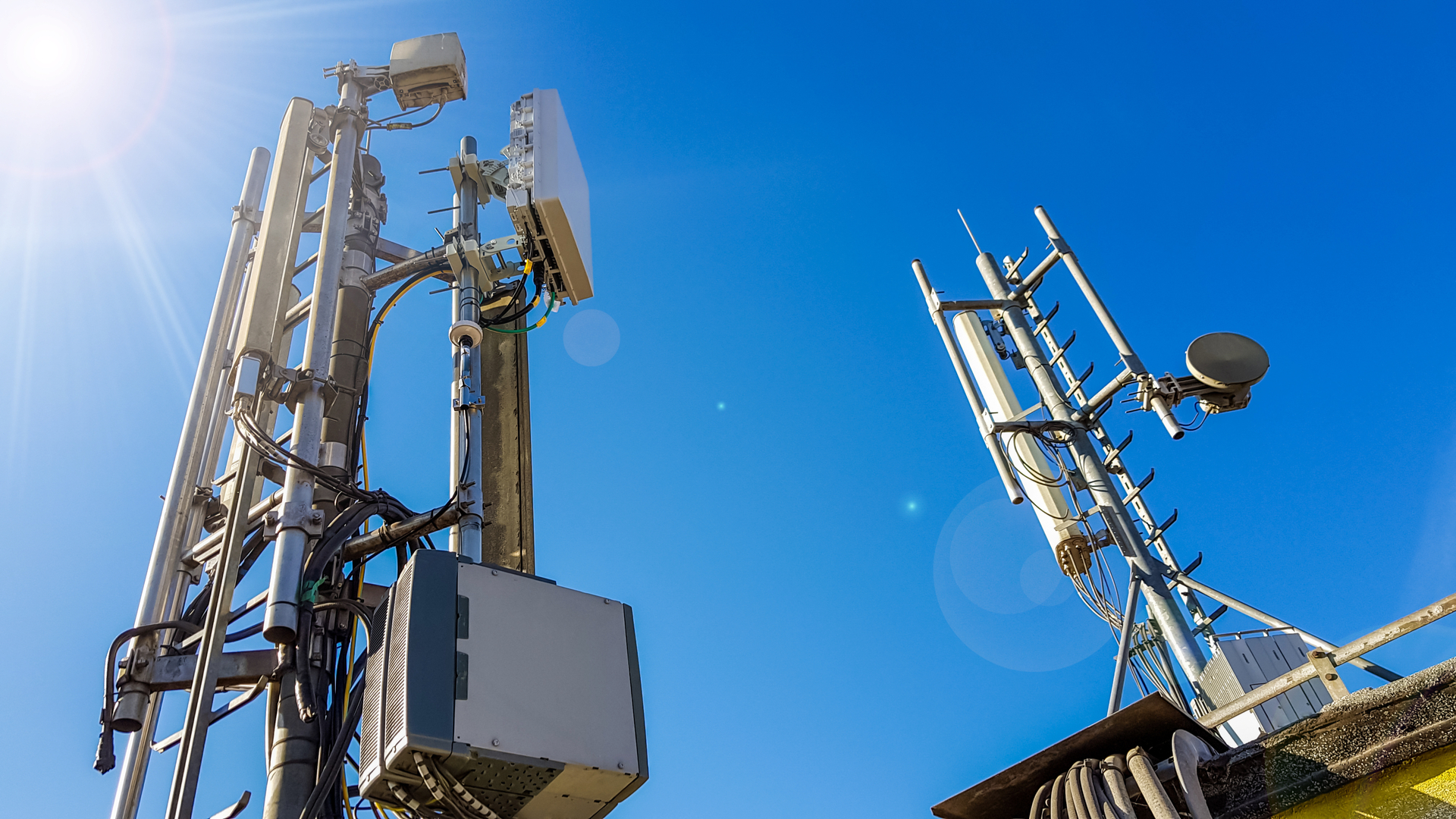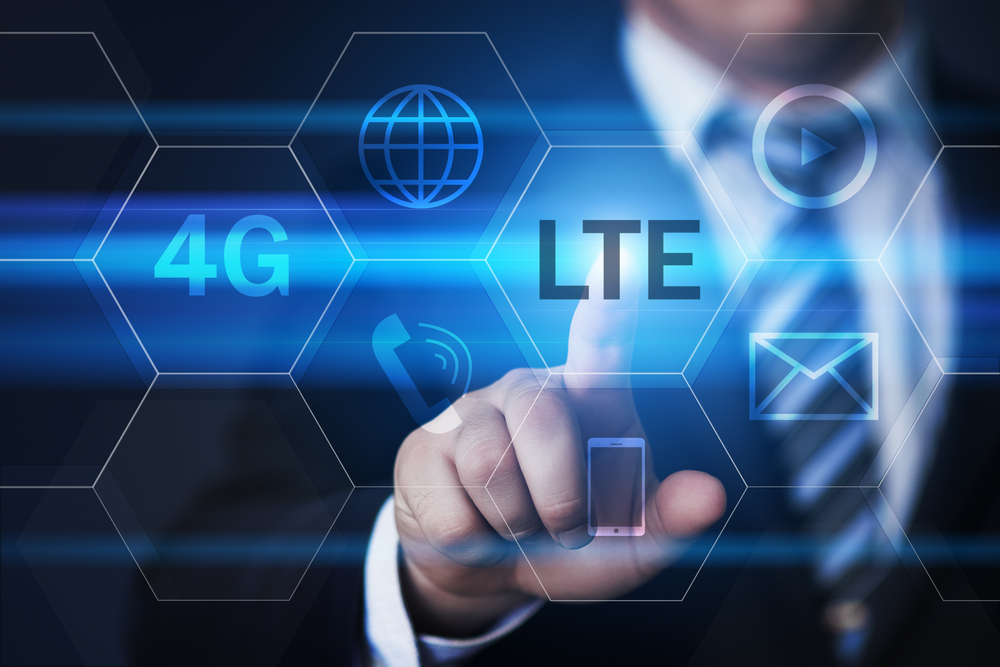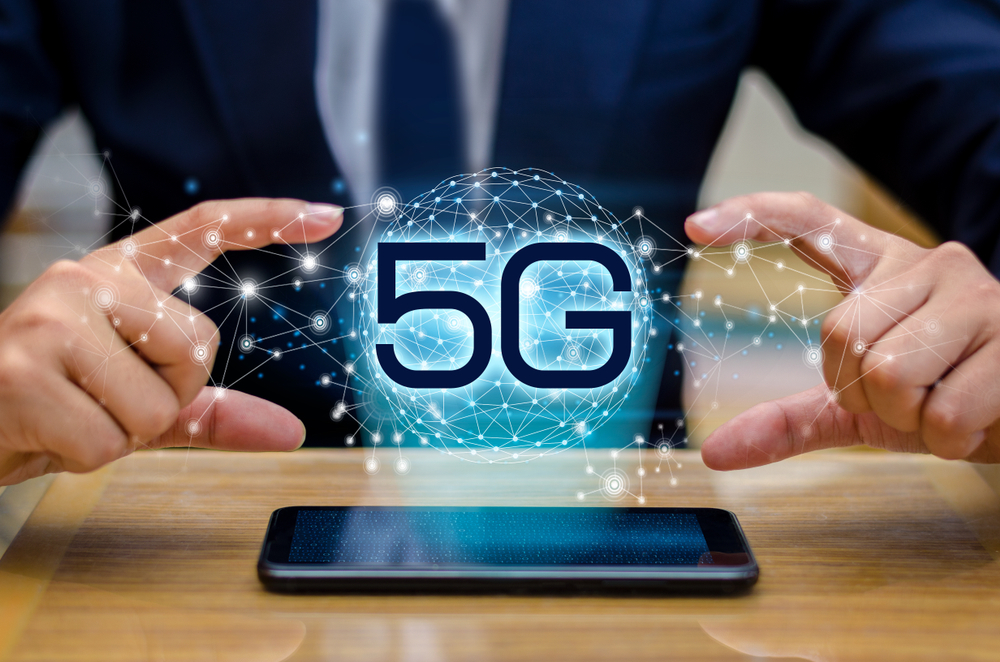Ofcom sets out spectrum efficiency plans to support mobile broadband growth
Mobile regulator outlines plans to increase the country's mobile network capacity.


Ofcom has identified a number of additional spectrum bands that could be used to deliver mobile broadband services.
The mobile regulator said, when combined with developments in mobile technology such as 5G and the introduction of more advanced mobile networks, using these bands could increase the country's mobile capacity by more than 25 times by 2030.
It also called for the UK's finite spectrum resources to be used more efficiently to ensure networks can withstand the increased dependence on mobile devices and services as well as the growth of the internet of things.
The demands for mobile data will only increase as millions more wireless devices connect to the internet and each other.
Ofcom is currently working with the Ministry of Defence to move spectrum from the 2.3 and 3.4 GHz bands used by the public sector into commercial use. It said the spectrum is suitable for mobile data and could be released through an auction in 2015-16.
The watchdog is also looking at the potential to rearrange the bands used for digital terrestrial TV to release more prime spectrum for mobile broadband use sometime after 2018.
It also said over the next six months around 20 organisations would be participating in an Ofcom pilot to road test white space' technology. New applications will be tested over that time including sensors that monitor the behaviour of cities, to dynamic information for road users and rural broadband in hard to reach places. It aims to use the gaps, or white spaces' that sit in the frequency band used to broadcast digital terrestrial TV.
In the long term, the Government is also assessing the possibility of reorganising the 2.7 GHz radar band to potentially release up to 100 MHz of spectrum for other uses, which could include mobile broadband. Additional spectrum in the 3.6GHz band, which is currently used for satellite links, could also be reused.
Get the ITPro daily newsletter
Sign up today and you will receive a free copy of our Future Focus 2025 report - the leading guidance on AI, cybersecurity and other IT challenges as per 700+ senior executives
Ofcom has identified up to 881 MHz of additional downlink spectrum. This compares to approximately 135 MHz of downlink spectrum (100 MHz of paired spectrum plus 70 per cent of the unpaired spectrum) made available as part of the 4G auction.
"The demands for mobile data will only increase as millions more wireless devices connect to the internet and each other," said Ed Richards, Ofcom chief executive.
"We're looking at ways to use spectrum more efficiently and consider future releases of prime spectrum. By doing so, we can help to meet the significant demands placed on our wireless infrastructure and develop one of the world's leading digital economies."
Rene Millman is a freelance writer and broadcaster who covers cybersecurity, AI, IoT, and the cloud. He also works as a contributing analyst at GigaOm and has previously worked as an analyst for Gartner covering the infrastructure market. He has made numerous television appearances to give his views and expertise on technology trends and companies that affect and shape our lives. You can follow Rene Millman on Twitter.
-
 Ofcom net neutrality update dismisses calls for big tech contributions
Ofcom net neutrality update dismisses calls for big tech contributionsNews Ofcom’s net neutrality stance has been criticized by some industry stakeholders
By Emma Woollacott
-
 UK 5G spectrum auction will finally go ahead this week
UK 5G spectrum auction will finally go ahead this weekNews The much awaited auction will involve companies bidding for frequency in two bands
By Zach Marzouk
-
 Nokia and NASA join forces to bring 4G to the moon
Nokia and NASA join forces to bring 4G to the moonNews Cellular service will provide the communications needed for meaningful moon exploration
By Tyler Omoth
-
 Birmingham crowned the fastest UK city for 4G download speeds
Birmingham crowned the fastest UK city for 4G download speedsNews While Birmingham also recorded the highest speed hike over 2019, London came in at a middling 9th place
By Keumars Afifi-Sabet
-
 LTE vs 4G: Which is better?
LTE vs 4G: Which is better?In-depth Comparing LTE vs 4G has become common in recent years, but how exactly do they differ, and is 4G faster?
By Jane McCallion
-
 What is 4G?
What is 4G?In-depth A look at the fourth generation of mobile networking technology and its availability in the UK
By Rene Millman
-
 4G vs 5G - what's the difference?
4G vs 5G - what's the difference?Vs From 3G to 4G, mobile connectivity has revolutionised our lives. Now 5G is set to do it again
By Bobby Hellard
-
 The best 4G network
The best 4G networkIn-depth Every mobile provider offers 4G contracts, but which one is the best for you?
By Carly Page

